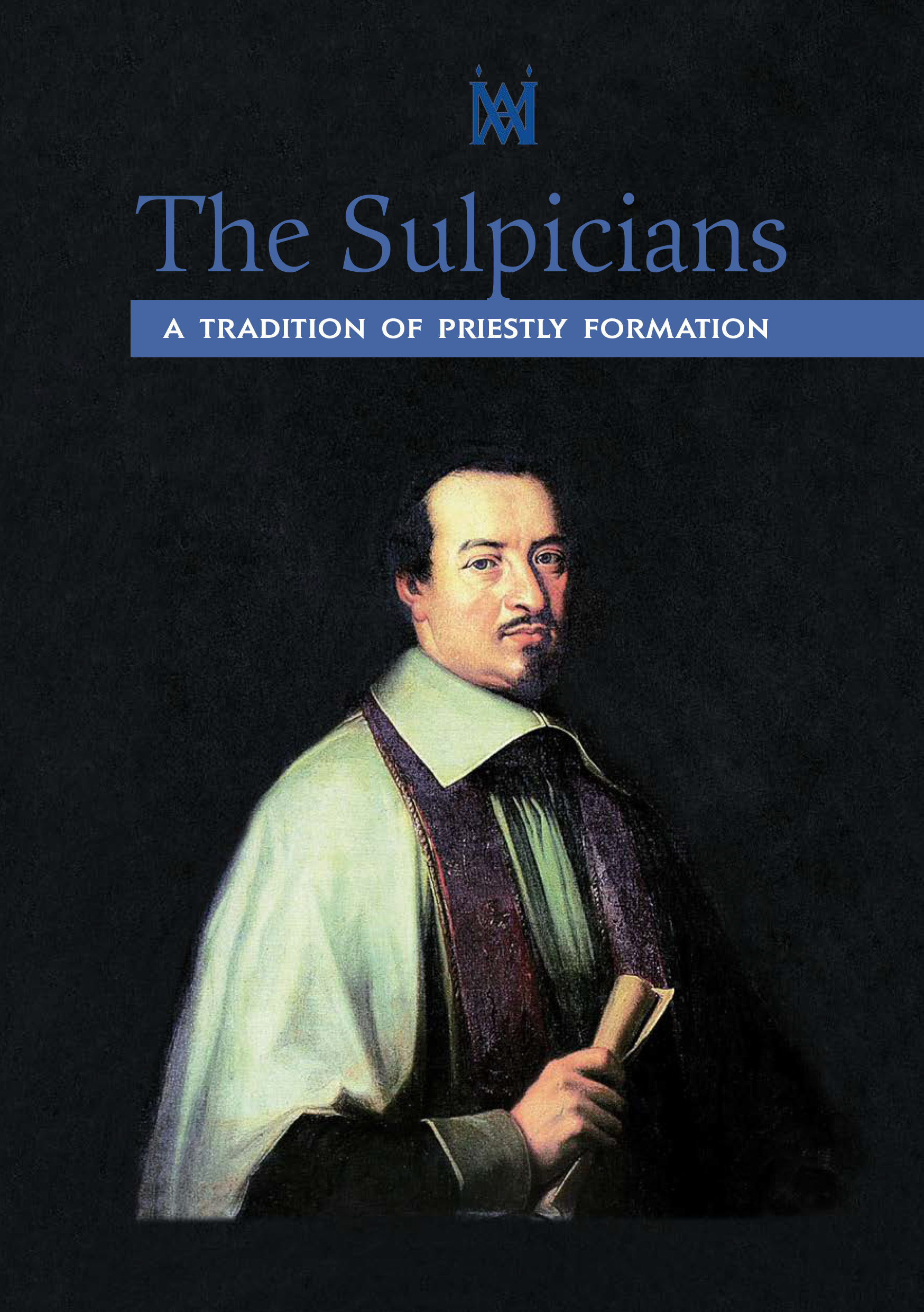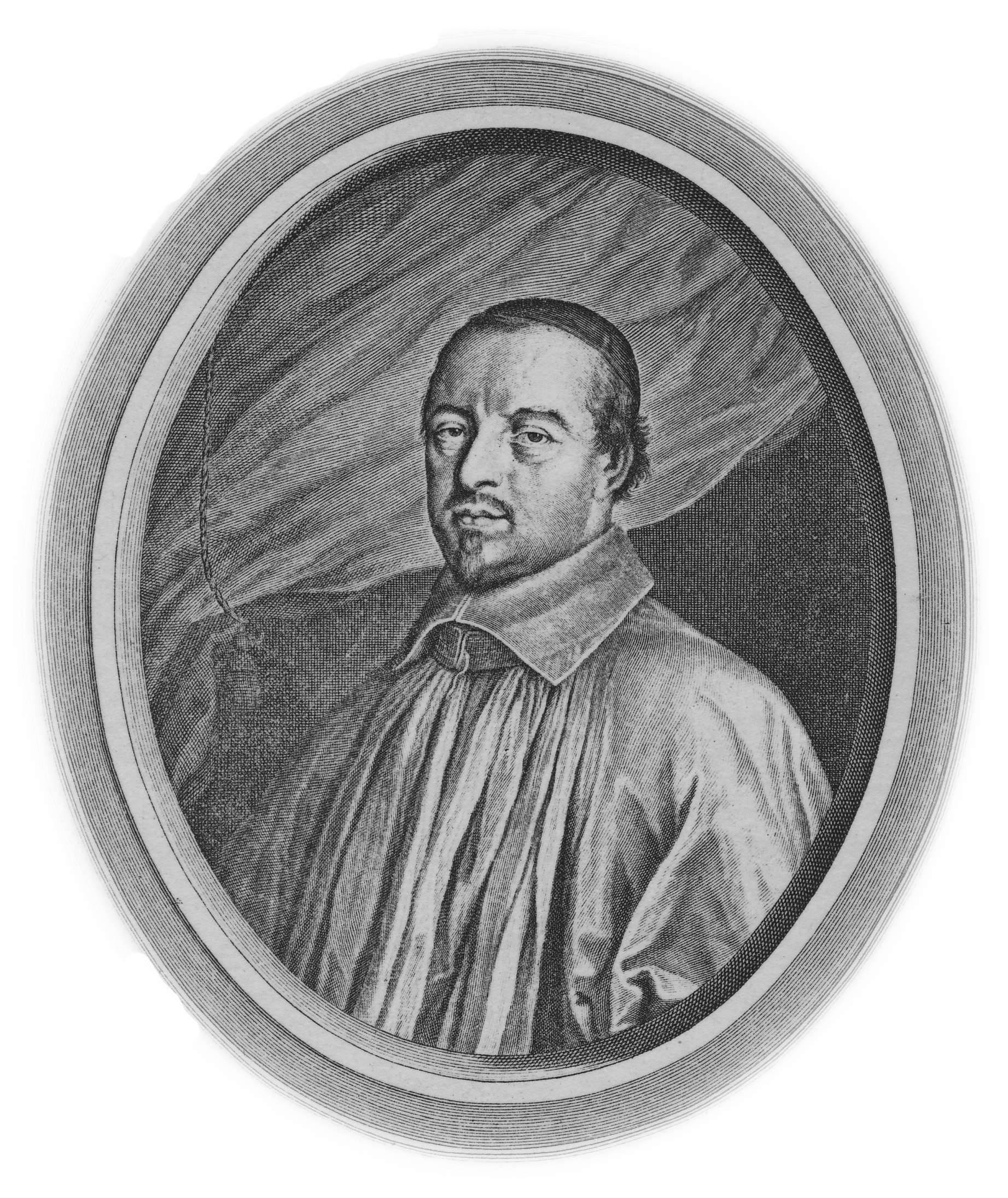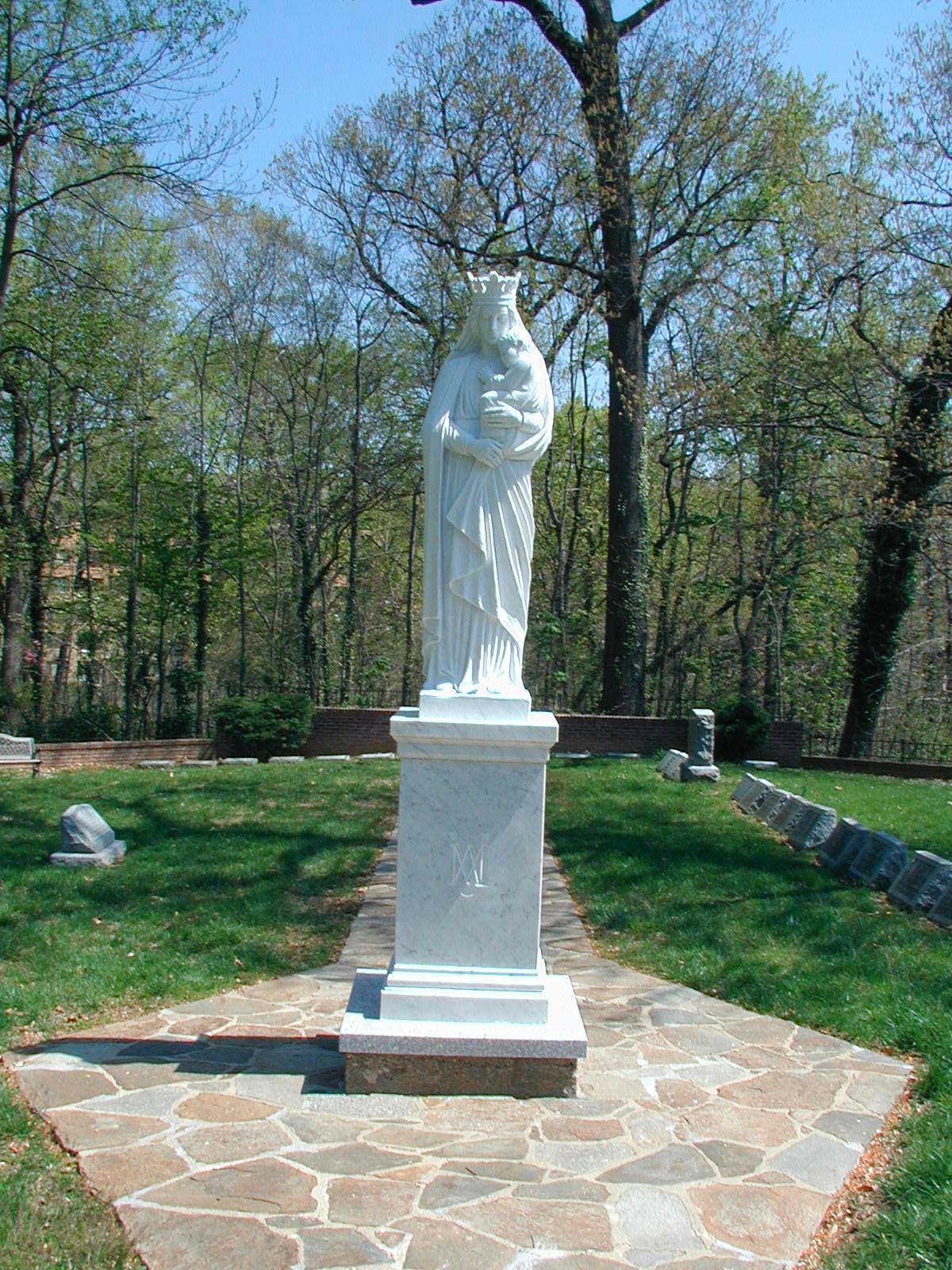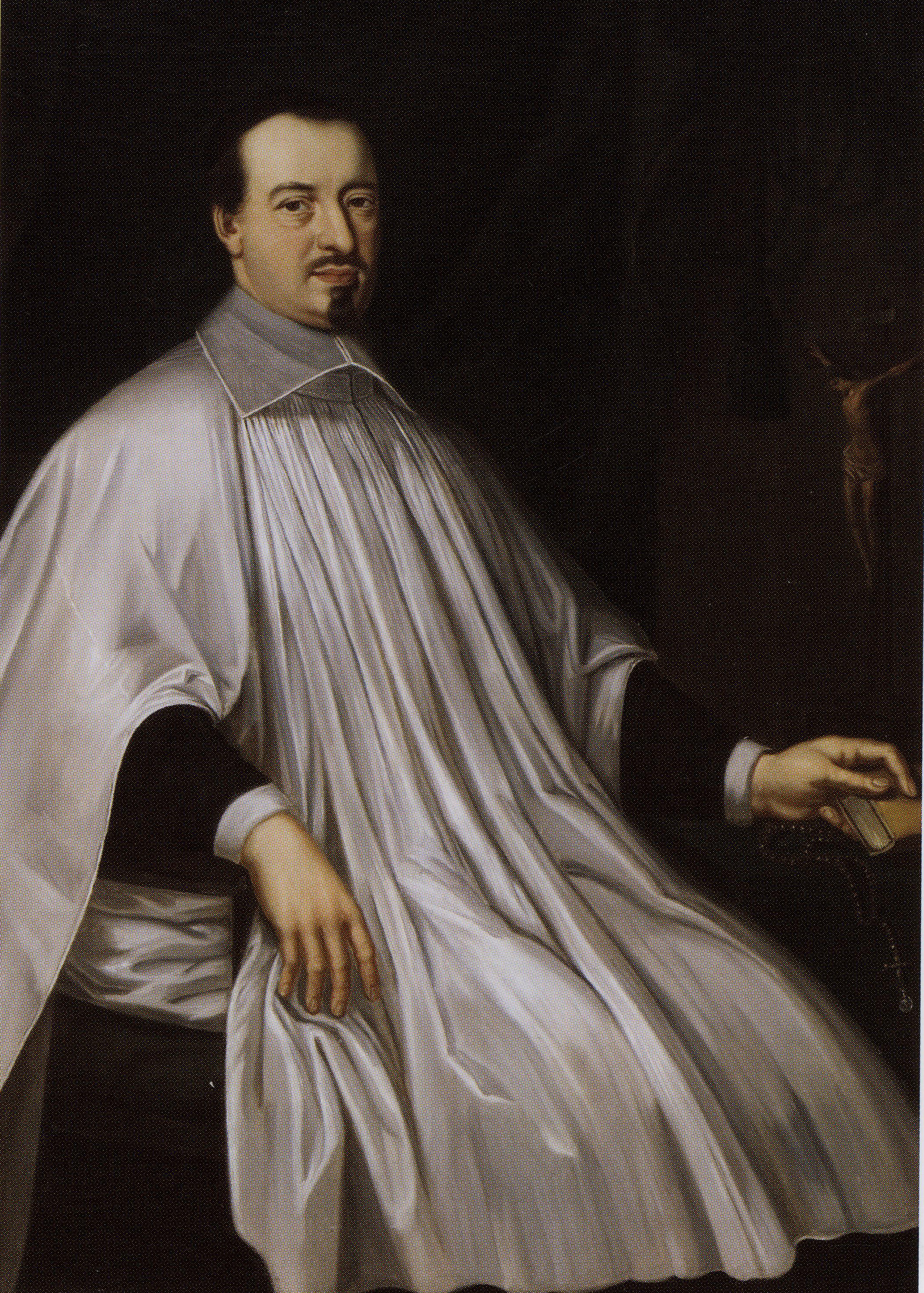The Sulpicians: A Tradition of Priestly Formation

“Dedicated to Jesus Christ the High Priest, the Society of the Priests of Saint Sulpice, born of the apostolate of Jean Jacques Olier, its founder, is a community of diocesan priests whose vocation is service to those ordained to the presbyteral ministry.”¹ As this ministry, of necessity, is normally a hidden one within the heart of the Church, the Sulpicians and their unique approach to the initial and ongoing formation of priests remain relatively unknown. This booklet offers an introduction to those who wish to know more about the Sulpicians and their ministry.
1. Constitutions of the Society of the Priests of Saint Sulpice (2003), Art. 1.
The Prayer of Father Olier
O Jesus, living in Mary,
Come and live in your servants,
In the spirit of your holiness,
In the fullness of your power,
In the perfection of your ways,
In the truth of your virtues,
In the communion of your mysteries:
Overcome every oppressing force
In your Spirit,
For the glory of the Father.
Amen.
Pietas Seminarii
Pietas Seminarii Sancti Sulpitii
Spiritual Directory for the Seminary of Saint-Sulpice
Jean-Jacques Olier (1608-1657)
1
The first and last goal of this institute will be to live supremely for God in Christ Jesus Our Lord,1 in such a way that the interior life of his Son will penetrate the intimacy of our heart and that each one will be able to say what Saint Paul, for his part, affirmed with confidence: “It is no longer I who live but Christ who lives in me.”2 Among all its members such will be the unique hope and the unique thought, as well the only exercise: to live interiorly from the life of Christ and manifest it concretely in our mortal body.3
2
In addition, the main devotion will be to consecrate oneself to the most holy sacrament of the Body and Blood of Christ. In it, not only will we venerate the most holy Trinity, source of all good things, and Christ, who is hidden there as mediator of all graces, but we will also embrace the same Lord who makes us partake there of his own proper life.
3
We will constantly adore all the mysteries of God, the eternal as well as the temporal ones, the eternal life of the Father begetting the Son and producing the Spirit, as Christ himself giving by his fulness life in him.
Since the most holy sacrament is the memorial of all the wonders of Christ and ceaselessly renders in us their interiority, the community will meanwhile attach itself with a tender preference for the mysteries of the infancy of the Savior Jesus. It will force itself to be nourished by his life, in his dispositions, and in his Spirit, principally in his spirit of humility and simplicity. It is towards him that the community will always turn its open mouth, in order to desire with simplicity this very sweet milk, like newborn babes do.4 It will never forget the maxim: “Unless you become like a little child, you will not enter the Kingdom of heaven.”5

4
While adhering intimately to the Christ child, those who aspire to this community will honor in a special devotion the most Blessed Mother Mary and Blessed Joseph. They will abandon themselves fully and with confidence to their guiding protection, and, as little children in Christ, they will live their life in all security in the shadow of this father and this mother; they will be submissive to them by engaging in perpetual servitude.
5
They will also invoke as their particular patron Blessed John the Evangelist, who became at the Last Supper another Christ, and at the cross the adopted son of his Mother. Venerating especially in his person the grace of the Eucharist, they will endeavor ceaselessly to take from his example the same grace from the source that runs from the side of the Lord.6
6
They will also honor the most holy apostles, who were nourished by Christ at the Last Supper and transformed in him, as Saint John Chrysostom says, to become in this same Jesus the twelve foundations of the Church.7 They will invoke their protection each day, their spirit and their grace over all the Church and principally over the house8 of the seminary, which they will view as the apostolic college. They will desire with all their strength to learn from it the virtues of the apostles and to appropriate their dispositions.
7
The community will also venerate with a sovereign devotion, after the most holy sacrament of the Eucharist, the holy cross of Christ, and it will closely adhere to its marks [of suffering], with the aid and patronage of Saint Martin [of Tours] who was its great devotee. The community will exalt in its heart above all other things this cross. It will endeavor to discover it, but especially all its interior and exterior nakedness and its contempt that it will desire with all the force of its faith. They will wish equally with all their heart to be mistreated, to be scorned, and finally to die; and ultimately to be able to attain this recompense, they will keep watch by every means to die entirely to themselves each day.

8
Finally, the community, like a victim of Christ, will see in the cross a suitable altar on which it will try each day to make its sacrifice, whether in struggling manfully for Christ, against the world, the flesh, or the devil, or by announcing Christ himself by word and by example. It will apply itself to showing its joy in its painful labor, poor and without honor, and it will never forget this great precept: “If anyone wants to follow after me, he must renounce himself, take up his cross, and follow me.”9
9
The members of the community, several times a day—but especially in the morning and at the beginning of every action and every conference—will thus perform before God an act of self-renunciation. They will give themselves with confidence to Christ the Lord who dwells within them, so that, dead to themselves, and living and working for God alone, they will be able to please Him in Christ, by Christ, and with Christ.
10
Always turning away from themselves with horror, and gathering themselves interiorly into Christ, conducting their life under the life-giving action of his Spirit, they will act in conformity to the word of Peter: “If someone speaks, let it be the words of God; if someone fills an office, let it be by the strength that God places in that office.”10 As true Christians, they will live more in Christ than in themselves; in all things they will be examples of his virtues and his conduct that they will represent according to this word: “May the life of Jesus be manifested in you.”11
11
This is why they will always carry in themselves the most holy Gospel, so that, according to the prophet who speaks of the goodness of the one who meditates on the law of the Lord night and day,12 they will have always before their eyes the model of Christian virtues, so that they will also receive in the ears of their heart the precepts of the Christian life, and finally that they have in their hands the actions of Christ so as to accomplish them.13

12
All that they shall have venerated in the Gospel, all the actions of Christ that they shall have considered, all his precepts that they shall have heard, they will not fail to seek them, to beg for them with confidence in the most holy sacrament of the Eucharist. As they heard with their own ears these words of Christ, “Receive my lessons, for I am meek and humble of heart,”14 and they will hasten with attentiveness, by prayer or by communion, towards Christ at the altar. That is where he calls to himself the entire Church, to remake it thanks to this book of the law of life which is hidden under the appearance of bread and wine.
13
The members of the community should know that this book makes the belly of the one who absorbs it suffer by its bitterness.15 So whoever will have consumed the words of life in the Gospel and who, nourished by his flesh, would like to progress in Christ, will have only one means to grow in him, namely to mortify the flesh and to exterminate one’s appetites. For this he should apply himself especially to renouncing his own judgment and will, which form the highest obstacles to the life and Reign of Christ.
14
They should never cease to fight within themselves, knowing that the violent bear heaven away;16 one should not only fight against the flesh which is never made holy in this life and whose desires are always contrary to those of the Spirit,17 but equally against the Principalities, the Powers, and the evil spirits scattered in the air.18
15
It is from Christ reining in the Eucharist that they must trust confidently in every force against themselves, the world, and the devil. There he is truly the triumphant one, and by his death and Resurrection which he always presents in opposition to the enemies against his Father in the Church, he tries to constrain the rebels to flee promptly and thus reduce them to nothing.
[Ms. 14 f° 289-302.]
Source:
Jean Jacques Olier, Vivre pour Dieu en Jésus-Christ by Michel Dupuy (Paris: Cerf, 1995), 211-218.
Translation from French and Latin: Ronald D. Witherup, P.S.S.
Paris, 20 July 2018
Footnotes
1. Rom 6:11.
2. Gal 2:20.
3. 2 Cor 4:10-11.
4. 1 Pet 2:2.
5. Matt 18:3-4.
6. See Origen, On Saint John I, 23.
7. 1 Cor 3:2; Eph 2:20; Rev 21:14.
8. All the members of the community as a group.
9. Luke 9:23.
10. 1 Pet 4:11.
11. 2 Cor 4:10.
12. Ps 1:2.
13. The Introduction to the Christian Life and Virtues, chapter IV, “Method of prayer about virtues,” develops this method of prayer: to have Jesus before one’s eyes, in one’s heart, and in one’s hands.
14. Matt 11:29.
15. See Rev 10:9.
16. Matt 11:12.
17. Gal 5:17.
18. Eph 6:12.
